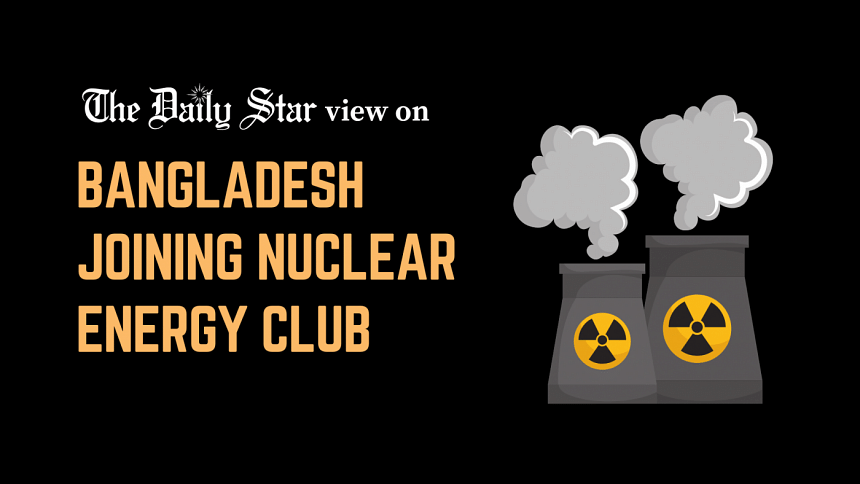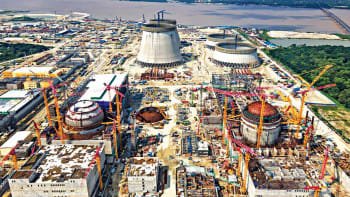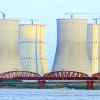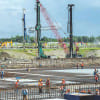Big step towards clean energy and energy security

This week, Bangladesh reached yet another milestone in its development journey by becoming the 33rd nation to use nuclear fuel for its energy needs. In a uranium handover ceremony at the Rooppur power plant in Ishwardi, Bangladesh Prime Minister Sheikh Hasina and Russian President Vladimir Putin, who both virtually attended the programme, spoke of how this will have a huge contribution to the country's energy and economic security, while also deepening bilateral ties between the two nations.
We now live in an era where there is no denying the direct links between the use of fossil fuels and climate change, and Bangladesh is a prime victim of frequent and unprecedented climate-related events. On top of that, soaring energy prices and the cost of living crisis have highlighted the risks of fossil fuels, and how vulnerable our energy dependency makes us. In this context, our inclusion into the nuclear energy club is definitely a cause for celebration.
However, we cannot help but be wary of the risks involved. We must remember that even a country like Japan experienced the Fukushima nuclear disaster. While the PM has assured that the plant has been built keeping in mind natural disasters and that Russia has promised to take back the spent fuel, the entire process requires the utmost vigilance, quality control and surveillance, especially in terms of the storage and disposal of nuclear waste. Suffice to say, our track record in these areas have been very poor so far.
Are we ready to deal with nuclear waste when our general, urban waste is still being openly dumped and burned, contaminating our water bodies, lands, and the very air we breathe? In the event of any untoward accidents at the nuclear plant, are we equipped to handle the consequences? It is not enough to open the power plant and begin production. The authorities must now fully commit to implementing the correct protocols and safety plans, and investing in the technical expertise required to deal with nuclear energy, all the while keeping an eye on our debt burden and ensuring the costs of the project don't end up outweighing its benefits.
At the same time, if we are serious about our commitments to clean energy and energy security, the authorities must ultimately look towards renewable sources, and ensure the people's right over their own resources. The climate emergency has proven that further investments in coal and gas is the wrong way forward, especially since our over-reliance on private companies has trapped us in foreign debt and import obligations. While nuclear energy can be part of the solution, the government's energy policy needs a radical overhaul, especially in terms of the influence of private interests, if we are to truly ensure energy security.


 For all latest news, follow The Daily Star's Google News channel.
For all latest news, follow The Daily Star's Google News channel. 









Comments